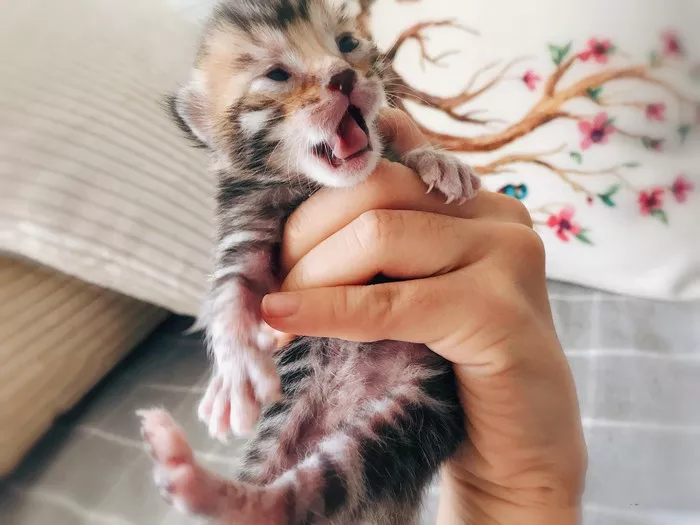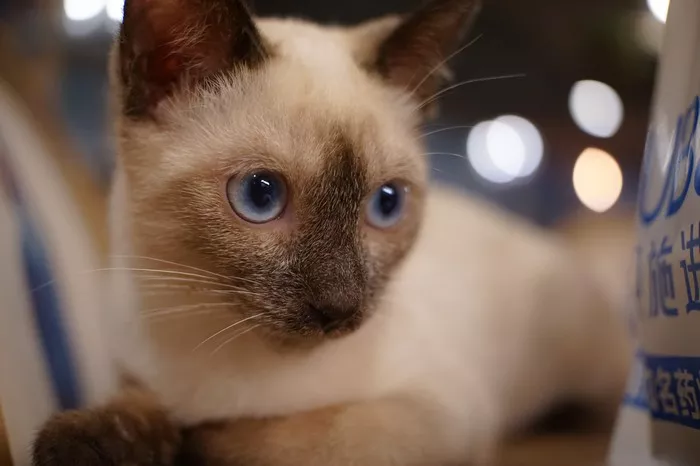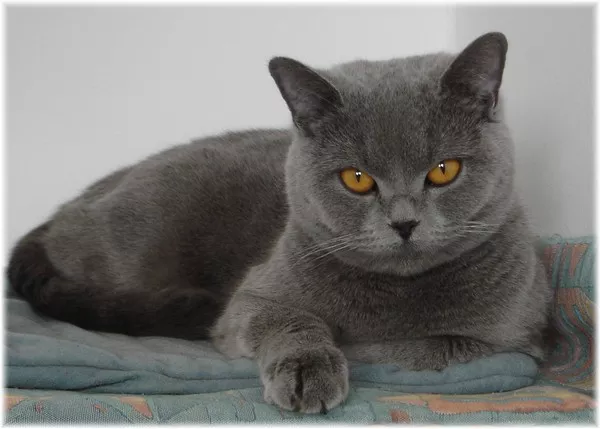Feeding your Bengal cat a balanced and appropriate diet is crucial for their overall health and well-being. As active and energetic felines, Bengal cats have specific dietary needs to support their robust lifestyle. In this article, we delve into the factors that influence a Bengal cat’s nutritional requirements, portion sizes, feeding frequency, and essential tips for providing them with a healthy and satisfying diet.
Understanding Bengal Cat’s Dietary Needs
Bengal cats are a unique and exotic breed known for their striking appearance and active nature. As descendants of wild Asian leopard cats, Bengals retain some characteristics of their wild ancestors, including a preference for a meat-based diet. Like all cats, Bengals are obligate carnivores, meaning their diet should primarily consist of animal protein to meet their nutritional needs.
A balanced diet rich in protein and low in carbohydrates is essential for maintaining a Bengal cat‘s muscle mass, energy levels, and overall health.
Factors Influencing Bengal Cat’s Food Requirements
Several factors influence a Bengal cat’s food requirements, including:
1. Age: Kittens require more frequent meals and a diet that supports their growth and development. As Bengal cats age, their caloric needs may change, requiring adjustments in portion sizes and feeding frequency.
2. Activity Level: Bengals are highly active cats, and their energy expenditure may vary based on their playfulness and exercise habits. Active cats may require more calories to sustain their energy levels.
3. Weight and Body Condition: Monitoring a Bengal cat’s weight and body condition is essential to ensure they maintain a healthy weight. Overfeeding or underfeeding can lead to health issues.
4. Health Conditions: Certain health conditions, such as diabetes or allergies, may require dietary modifications. It’s crucial to work closely with a veterinarian to address any specific health concerns.
Portion Sizes for Bengal Cats
Determining the appropriate portion size for your Bengal cat is essential to prevent overfeeding or underfeeding. As a general guideline, adult Bengals typically require 24 to 30 calories per pound of body weight per day. However, individual cats may have varying needs based on their age, activity level, and metabolism.
To calculate the appropriate portion size, consider your Bengal cat’s weight, activity level, and any specific health considerations. Dividing their daily caloric requirement into two or three meals helps maintain stable energy levels and prevents binge eating.
Choosing the Right Cat Food
Selecting a high-quality cat food that meets the nutritional needs of Bengal cats is crucial for their overall health. Look for cat foods with the following features:
1. High Animal Protein Content: Ensure that the primary ingredient is a high-quality source of animal protein, such as chicken, turkey, or fish.
2. Limited Carbohydrates: Bengal cats have minimal carbohydrate requirements, so opt for cat foods with limited grain content and low-carb formulas.
3. Essential Nutrients: Look for cat foods that contain essential nutrients, including amino acids, taurine, and omega-3 fatty acids, to support your Bengal’s overall health.
4. Avoid Fillers and Artificial Additives: Steer clear of cat foods with fillers, artificial flavors, colors, and preservatives, as they offer minimal nutritional value.
Feeding Frequency and Schedule
Establishing a consistent feeding schedule is essential for your Bengal cat’s well-being. Feeding them at the same times each day helps regulate their digestive system and promotes a predictable routine.
Divide your Bengal cat’s daily portion into two or three meals, and feed them at regular intervals throughout the day. This approach also helps prevent binge eating and maintains steady energy levels.
Monitoring Your Bengal Cat’s Weight and Health
Regularly monitoring your Bengal cat’s weight and body condition is crucial for ensuring they maintain a healthy weight and overall health. If you notice any significant changes in weight, eating habits, or behavior, consult your veterinarian promptly.
Maintaining a close relationship with your veterinarian allows for ongoing monitoring and adjustments to your Bengal cat’s diet as they age and encounter potential health challenges.
Providing Fresh Water
In addition to a balanced diet, ensure your Bengal cat has access to fresh and clean water at all times. Hydration is vital for their overall health and helps prevent urinary tract issues.
Conclusion
Feeding your Bengal cat an appropriate and balanced diet is essential for their overall health, energy levels, and longevity. Understanding their dietary needs, portion sizes, and feeding frequency is key to providing them with a healthy and satisfying diet. By monitoring their weight, working with a veterinarian, and offering high-quality cat food, you can ensure your Bengal cat thrives and leads a happy and active life.


























